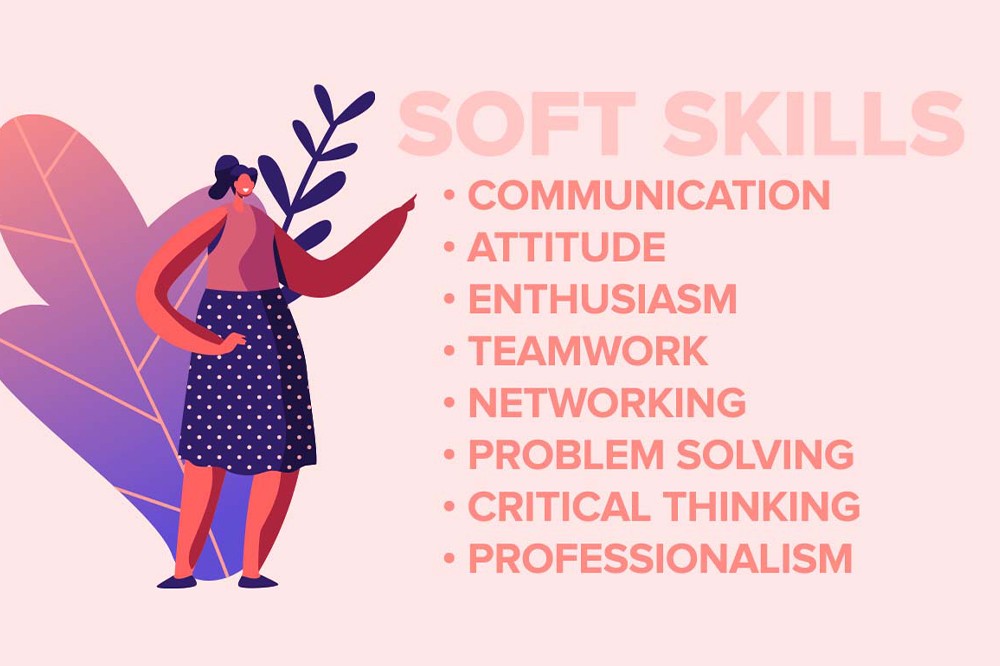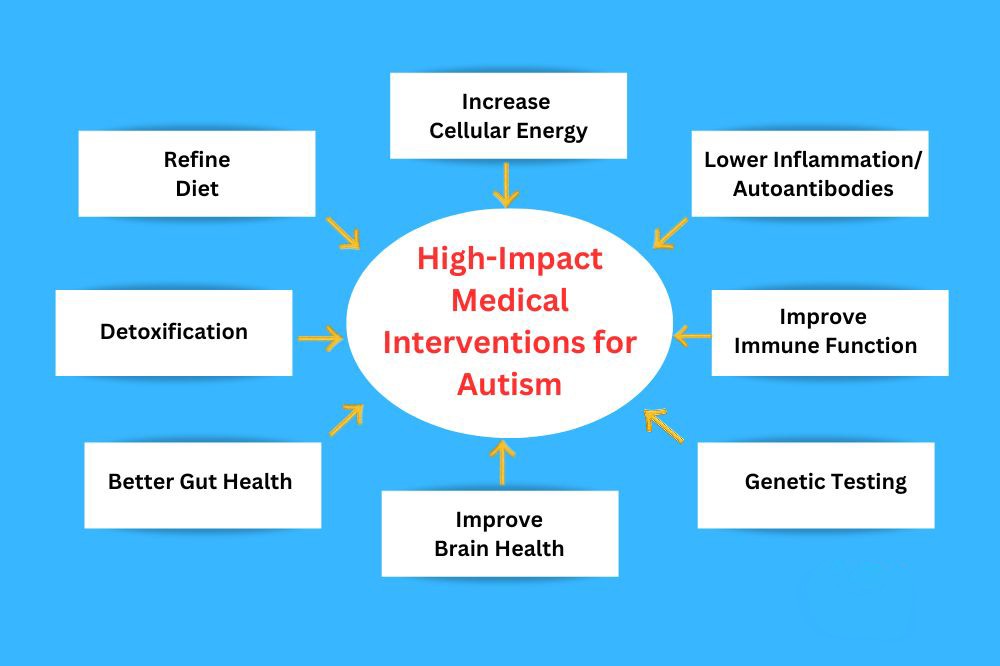Job Skills

All contents of this resource were created for informational purposes only and are not intended to be a substitute for professional advice, diagnosis, or treatment. Always seek the advice of your physician, therapist, or other qualified health providers with any questions or concerns you may have.
Working gives people the opportunity to show their abilities, take pride in their accomplishments, and contribute to the community. While there are organizations such as Easter Seals and government funded programs like Vocational Rehabilitation that provide job training and placement to people with disabilities, those services vary by area. Typically, those programs do not serve people under the age of 18. Overall, it is the parent’s responsibility to ensure their child is prepared to enter the workforce when the time comes. In this article, we will discuss how to begin working with your child on job skills so they will be prepared as they transition into adulthood.
Let’s Start With Basics
- First, discuss with your child their likes and dislikes.
- What does your child enjoy doing?
- What are some of your child’s biggest challenges?
- Remember, focus on work skills that align with your child’s likes and avoids tasks or environments would be challenging.
- For example, if your child struggles with loud noises, focus on job skills that are done in a quiet work environment.
Training Responsibility
- Ultimately, parents are responsible for teaching job skills
- Even though some schools have job training opportunities placed in student IEPs, it is not typically enough training.
- Similarly, therapists may serve as a guide for how to break down and teach tasks at home.
Getting Started
- To begin, start small and work up.
- For example, if the end goal is to work in a restaurant, begin with putting away spoons from the dishwasher. Next, put away spoons and forks, etc.
- No skill is too small because it leads to more skills.
- Always think about how much time your child can work without a break and work up.
- Learn and practice the skill at home before doing it at a job site.
- Life skills are an important part of independence and job training.
- TACA’s article on Life Skills gives you more strategies for teaching skills and a free downloadable checklist.
- Most importantly, remember: your child cannot do a skill YET.
- Practice, modify and adapt until they are successful.
Teaching Job Skills Through Chores

Chores provide a great opportunity for teaching job skills because they occur on a regular schedule and can be practiced daily.
- Pick one chore and focus on it until mastery.
- Chore charts
- Use a visual that keeps both your child and YOU accountable
- Example chores for job skills:
- Mowing
- Feeding a pet
- Laundry
- Meal preparation
- Look for everyday opportunities to work on job skills, such as:
- Emptying trash from all the rooms in the house
- Bagging groceries
- Using the self-checkout at the store
Get Involved in Your Community
Your child’s first job opportunity will most likely be through volunteer work. Therefore, you should look for volunteer opportunities at different clubs and organizations within your community. When volunteering, please be aware that you will need to go with your child.
For example, you can volunteer with a 5K charity race. Race organizers are always looking for people to help with assembling race packets, registration, water stations, giving out medals, and making signs to cheer on the participants.
When searching for volunteer opportunities, by all means, make and use your connections! Do you know anyone that will be open to your child volunteering in their business (restaurant, dentist, insurance agent, hair salon)? Be creative! There are opportunities out there!
Additional ideas of volunteer work opportunities to look for include:
- Office work (copies, shredding, making mailers, etc.)
- Assemble pizza boxes
- Make buttons or stuff envelopes for political candidate
- Places of worship (empty trash, fold bulletins, sweeping, etc.)
- Assemble dental bags
- Walk dogs for neighbor or animal shelter
- Garden centers (water plants)
- School concession stand
Don’t Forget Soft Skills

Soft skills are the skills needed to be successful in the workplace outside of performing a job task. In short, these are the skills that help a person get and keep their job.
However, soft skills are hard to learn because they are often not measurable, subjective, and context specific. For this reason, schools rarely focus on teaching soft skills.
Michigan State University’s ASSET Program (Assistive Soft Skills and Employment Training) have identified six core soft skills that individuals with disabilities should focus on:
- Communication
- Includes non-verbal communication and body language, listening skills and writing skills.
- Attitude and Enthusiasm
- Includes having a positive attitude and being encouraging to others.
- Teamwork
- Includes collaboration, accepting feedback, and dealing with difficult situations.
- Networking
- Includes developing relationships with co-workers and other workplace contacts, sharing information and ideas with groups.
- Problem Solving and Critical Thinking
- Includes decision making, being resourceful, and conflict management.
- Professionalism
- Includes time management, respect for co-workers, and maintaining a clean appearance.
Summary
In conclusion, start early working with your child on job skills. Find their interests and work together to help your child achieve their goals. Furthermore, use your contacts and develop community partners that are supportive of giving your child job training opportunities. At the same time, work in soft skill practice. When available, utilize outside organizations and programs that assist with job training and placement. In the end, your child will be better prepared for their transition into adulthood.
Additional Resources
Further Reading
Video Presentation
There are teachers, therapists, job coaches and more to assist your child with job skills and help them learn. But the best job coach is a child’s parent or caregiver, teaching a child from a young age the responsibility of chores and developing pride in a job well done.
This presentation will help you use chores at home as a starting place for helping your child gain job skills and give you ideas to help your child increase independence with chores at home, leading to job skills to be used outside of the home in volunteer opportunities and places of employment.




